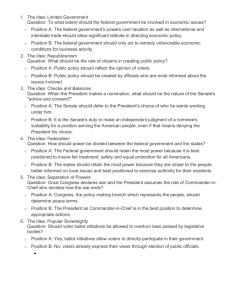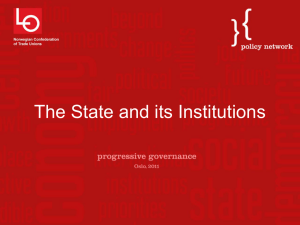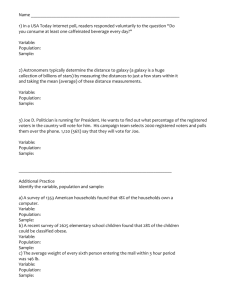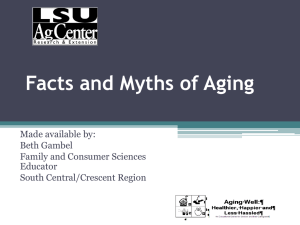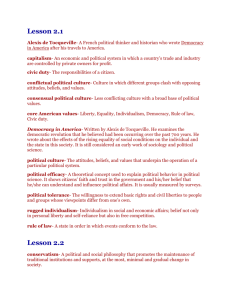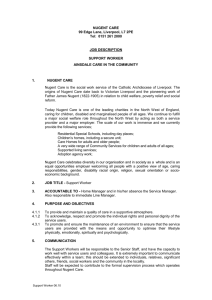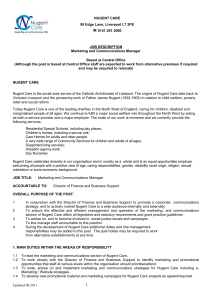Lower the voting age to 16....NOW
advertisement
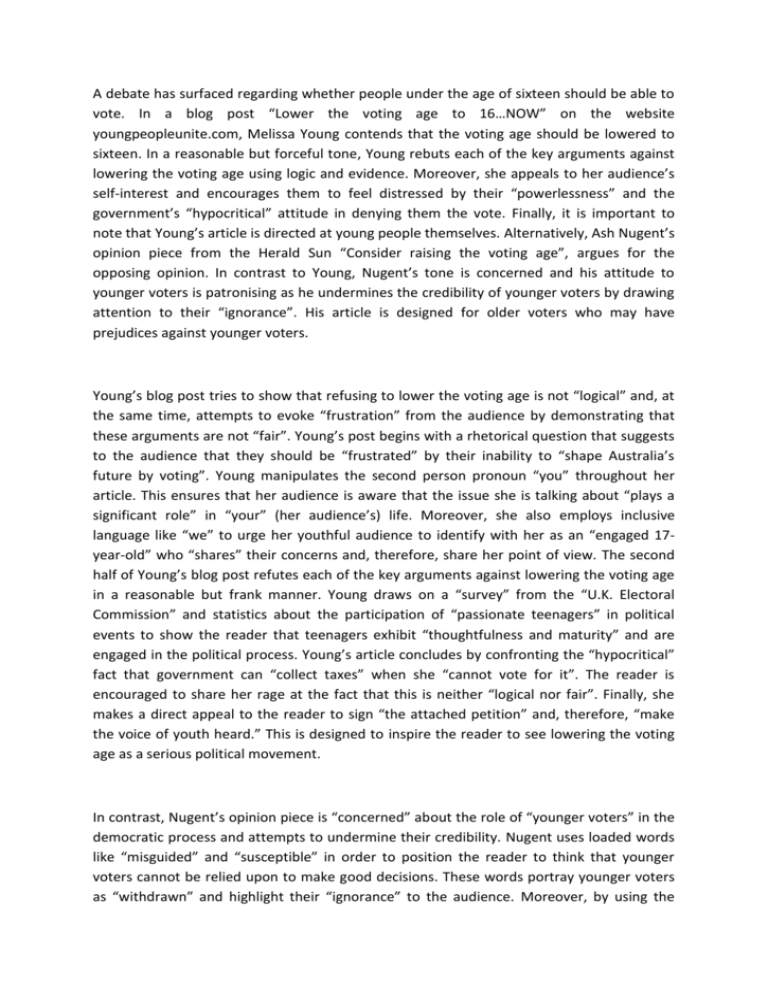
A debate has surfaced regarding whether people under the age of sixteen should be able to vote. In a blog post “Lower the voting age to 16…NOW” on the website youngpeopleunite.com, Melissa Young contends that the voting age should be lowered to sixteen. In a reasonable but forceful tone, Young rebuts each of the key arguments against lowering the voting age using logic and evidence. Moreover, she appeals to her audience’s self-interest and encourages them to feel distressed by their “powerlessness” and the government’s “hypocritical” attitude in denying them the vote. Finally, it is important to note that Young’s article is directed at young people themselves. Alternatively, Ash Nugent’s opinion piece from the Herald Sun “Consider raising the voting age”, argues for the opposing opinion. In contrast to Young, Nugent’s tone is concerned and his attitude to younger voters is patronising as he undermines the credibility of younger voters by drawing attention to their “ignorance”. His article is designed for older voters who may have prejudices against younger voters. Young’s blog post tries to show that refusing to lower the voting age is not “logical” and, at the same time, attempts to evoke “frustration” from the audience by demonstrating that these arguments are not “fair”. Young’s post begins with a rhetorical question that suggests to the audience that they should be “frustrated” by their inability to “shape Australia’s future by voting”. Young manipulates the second person pronoun “you” throughout her article. This ensures that her audience is aware that the issue she is talking about “plays a significant role” in “your” (her audience’s) life. Moreover, she also employs inclusive language like “we” to urge her youthful audience to identify with her as an “engaged 17year-old” who “shares” their concerns and, therefore, share her point of view. The second half of Young’s blog post refutes each of the key arguments against lowering the voting age in a reasonable but frank manner. Young draws on a “survey” from the “U.K. Electoral Commission” and statistics about the participation of “passionate teenagers” in political events to show the reader that teenagers exhibit “thoughtfulness and maturity” and are engaged in the political process. Young’s article concludes by confronting the “hypocritical” fact that government can “collect taxes” when she “cannot vote for it”. The reader is encouraged to share her rage at the fact that this is neither “logical nor fair”. Finally, she makes a direct appeal to the reader to sign “the attached petition” and, therefore, “make the voice of youth heard.” This is designed to inspire the reader to see lowering the voting age as a serious political movement. In contrast, Nugent’s opinion piece is “concerned” about the role of “younger voters” in the democratic process and attempts to undermine their credibility. Nugent uses loaded words like “misguided” and “susceptible” in order to position the reader to think that younger voters cannot be relied upon to make good decisions. These words portray younger voters as “withdrawn” and highlight their “ignorance” to the audience. Moreover, by using the pronoun “they” he isolates younger voters and leads the audience to think that the younger voters are immature and apathetic. Nugent supports this depiction of younger voters in the reader’s mind by appealing to logic to sustain the view that younger voters are defined by their “nonchalance” and do not “care”. He argues that the major issues that dominate politics do not affect young people and, therefore, young people should not be blamed for “not showing a real interest”. Finally, Nugent arouses feelings of anxiety in the reader’s mind about younger people voting by stating plainly that their votes could be “damaging” and “dangerous”. Nugent and Young offer different perspectives and pursue different rhetorical approaches. Young is humorous in her opening paragraph but quickly becomes strident (even evangelical) in her crusade to lower the voting age. Nugent remains concerned throughout his opinion piece and hints ominously that the “weakness” in our system needs to be addressed. Both authors appeal to logic and marshal evidence to support their ideas. However, Young’s message is an optimistic plea for “young people” to “unite” while Nugent is pessimistic warning that younger voters do not make “informed decisions.” In conclusion, Young’s article was an energetic appeal for her readers to share her “frustration” at being “shut out” of the democratic process. Nugent, on the other hand, subtly critiques the credibility of younger voters and indicates that we should be “worried” about the risks younger voters pose to “our system”. Both articles cite evidence and reinforce their contentions with sensible reasons. They both seek to appeal to an audience: Young appeals specifically to younger voters and Nugent’s article would be received warmly by older voters. It is possible that each article would be received positively by the chosen audience but not so positively by readers outside the chosen audience. Contention Authour Title Tone Form Language Techniques Audience Publication Details Context

